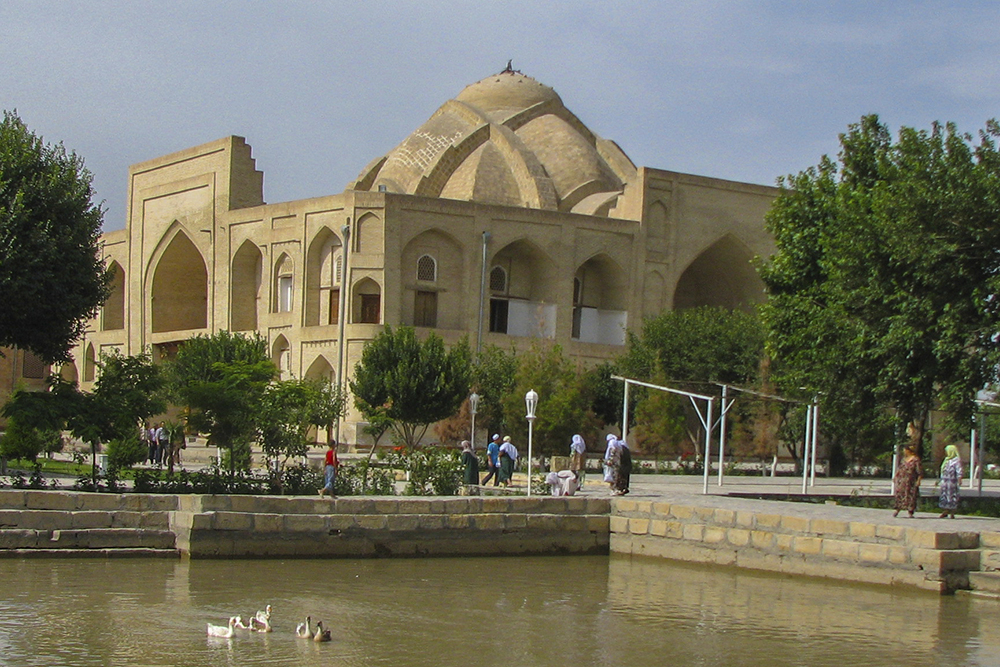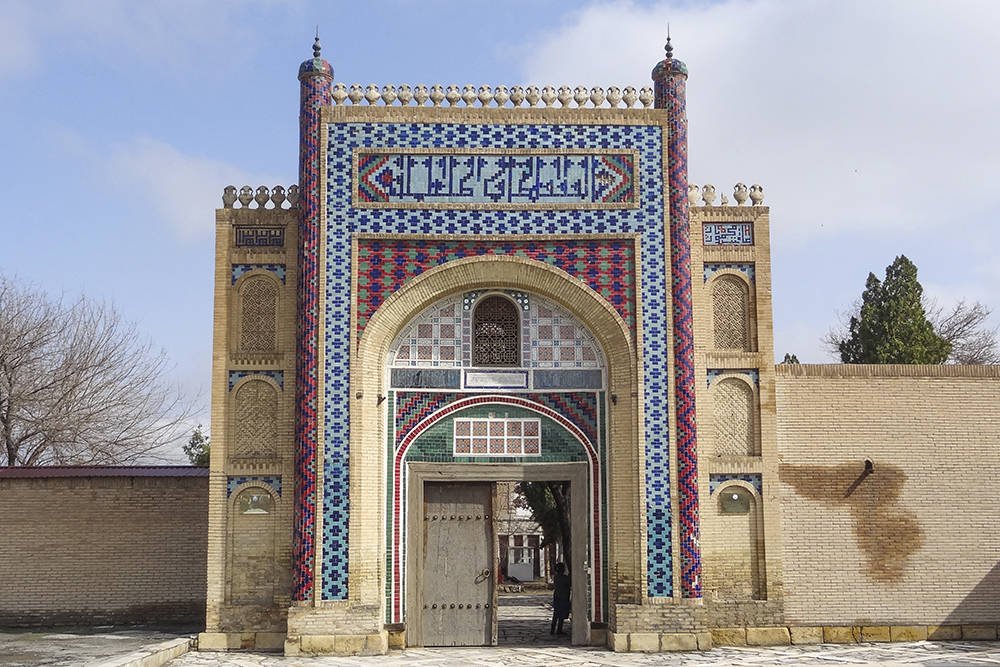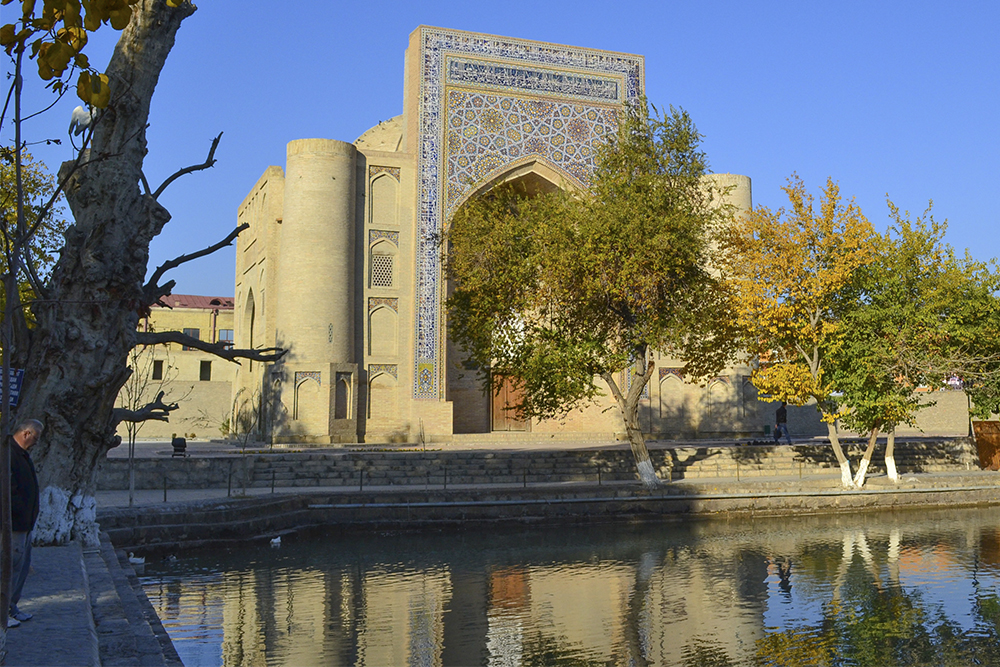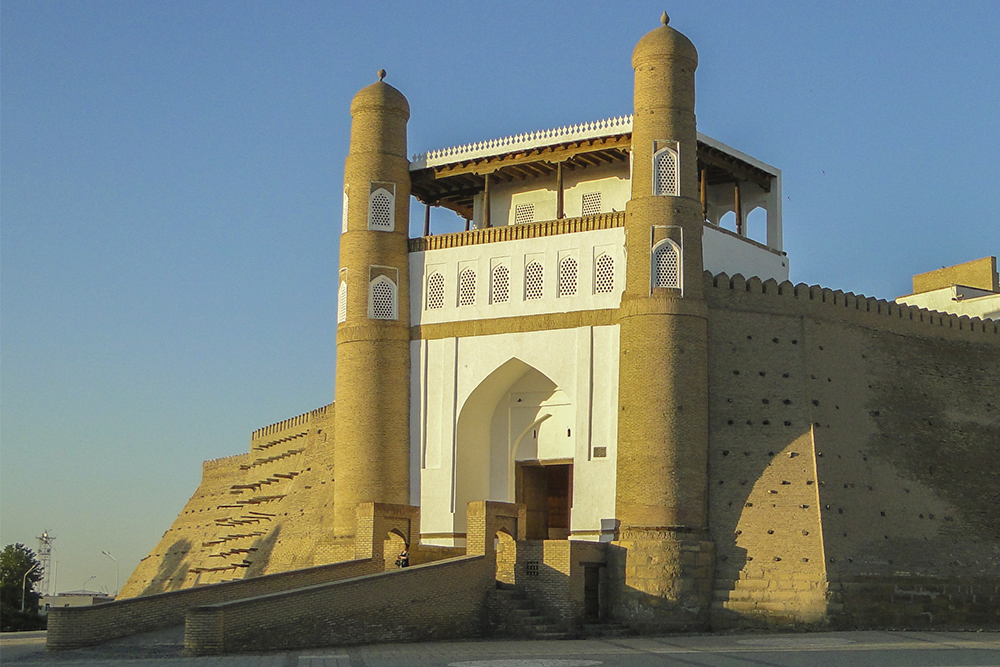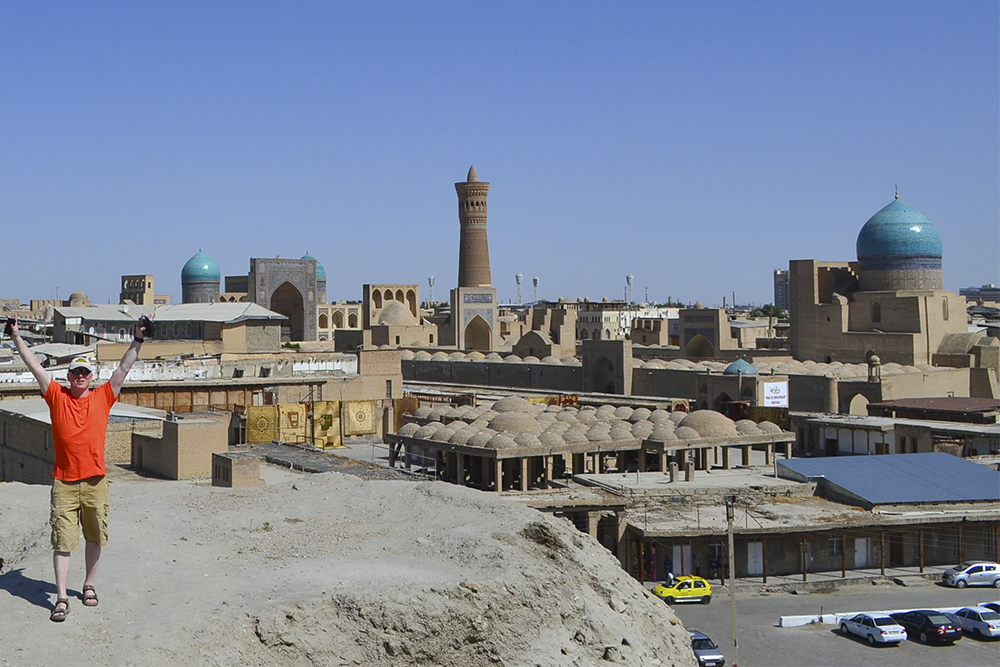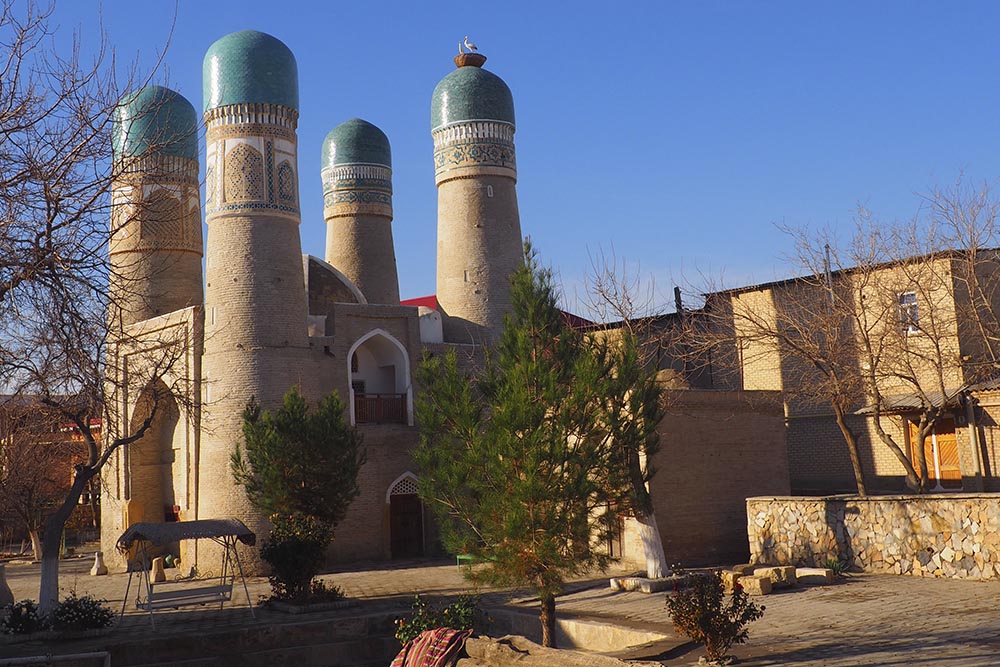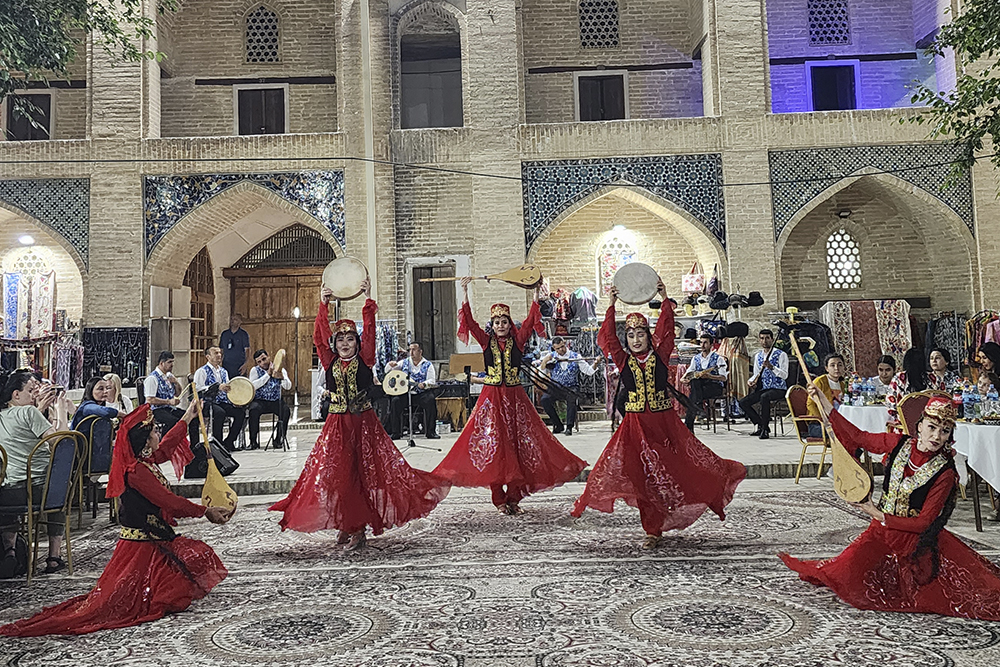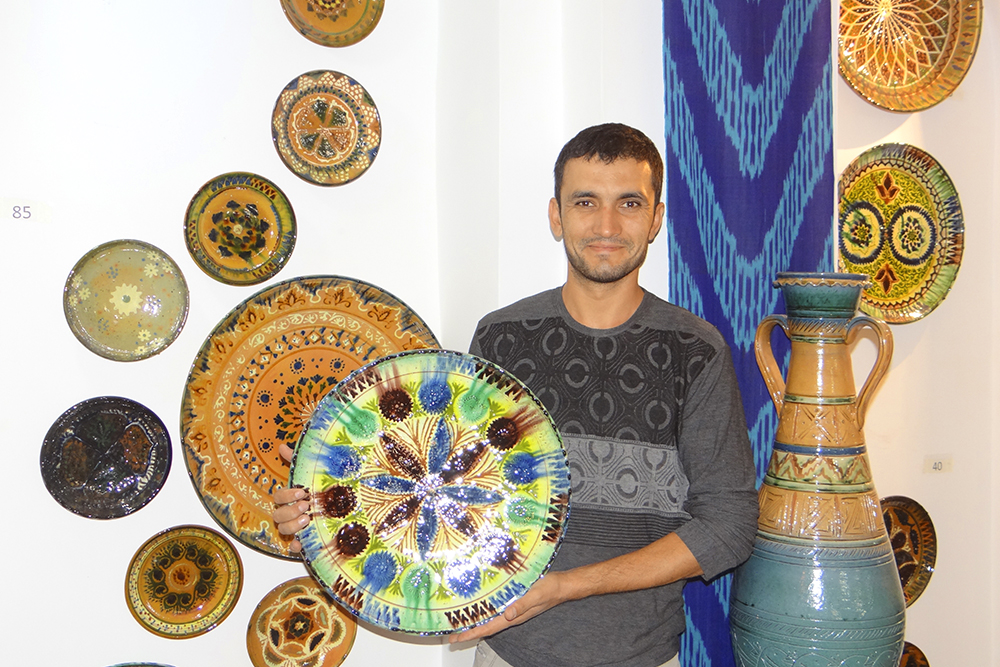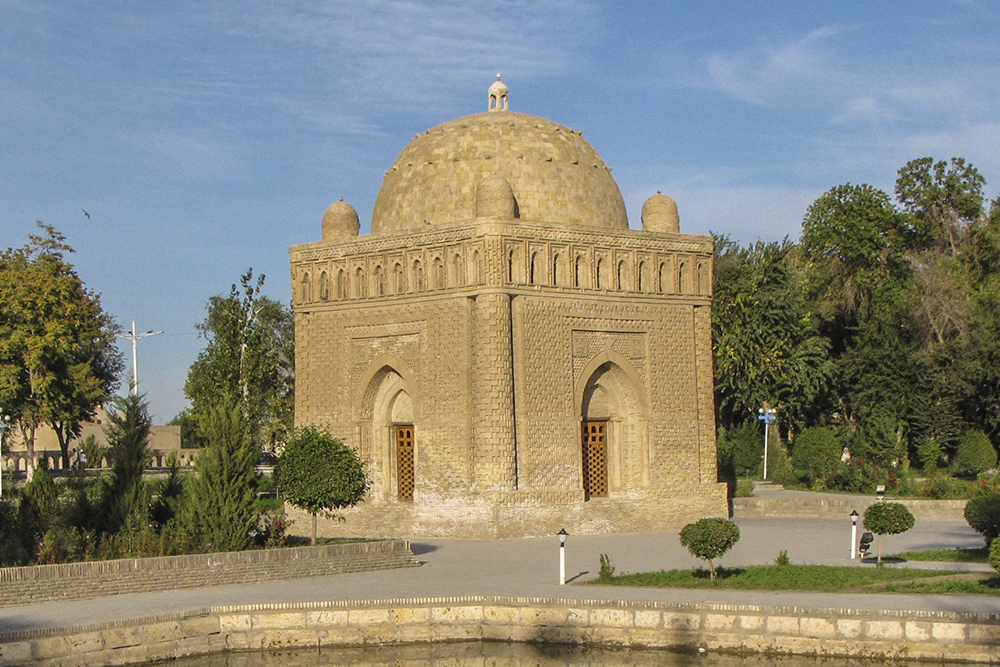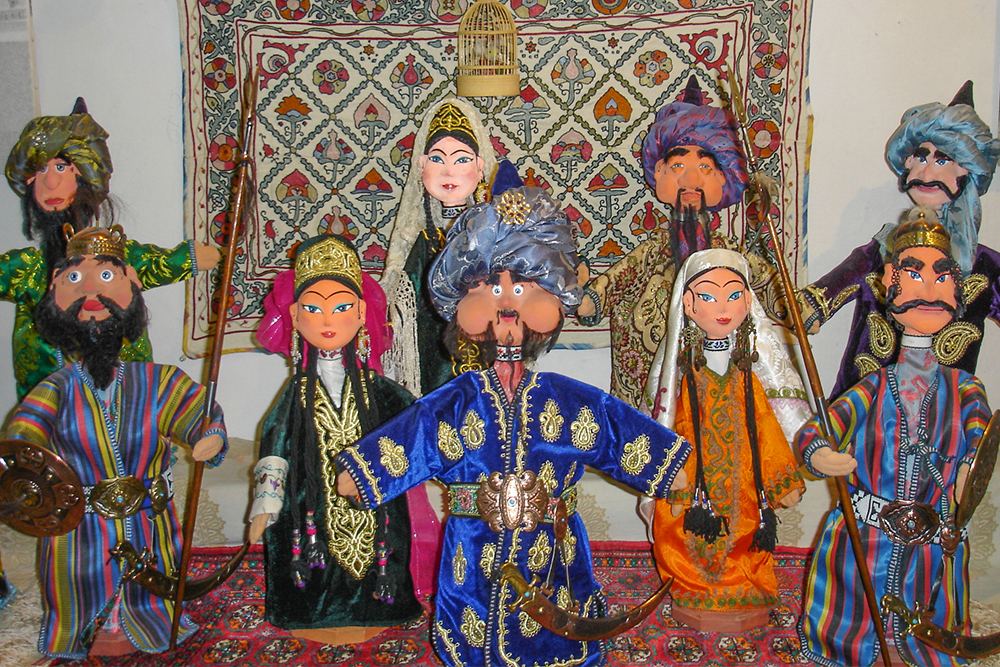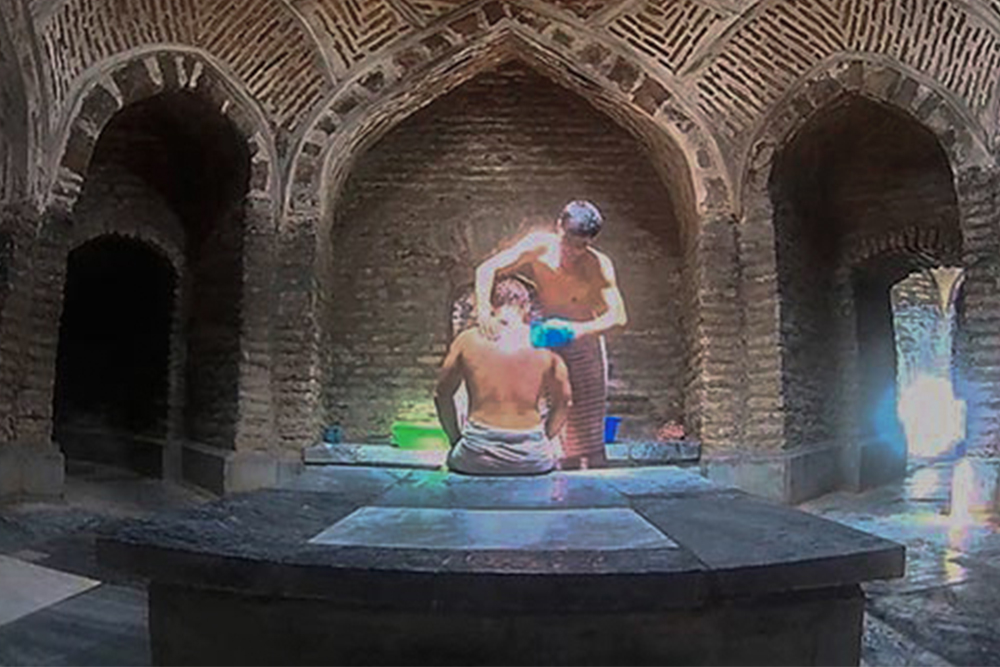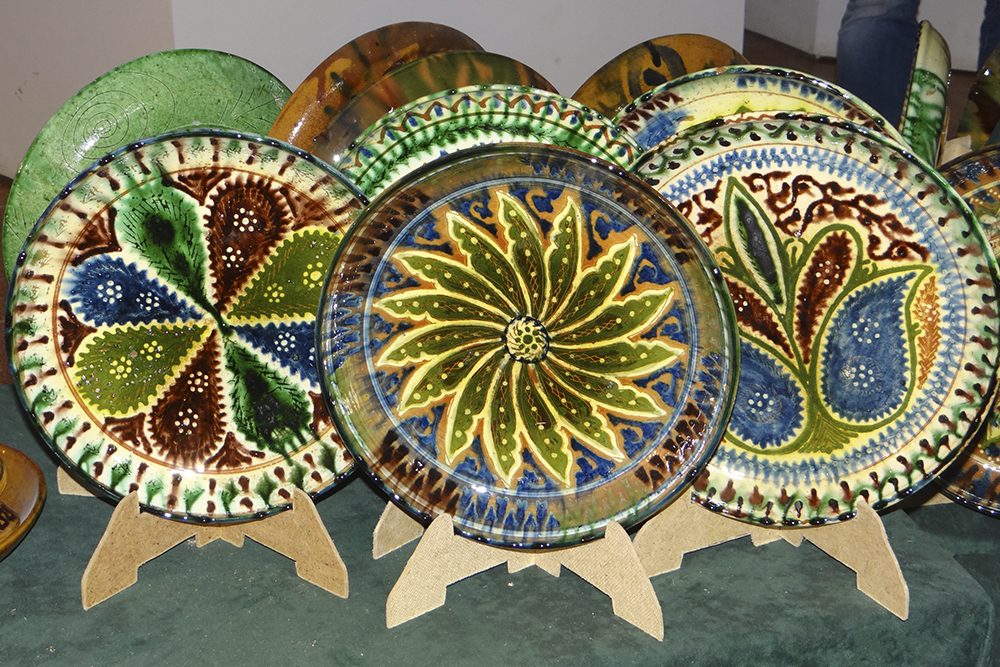Bukhara is one of the oldest towns of the Orient (2500 years old) located in the transitory area where oasis of Zerafshan river turns into sandy desert of Kyzylkum.
As early as in Chinese chronicles of the 2rd c BC, Buhara is already mentioned under the name of "Bu Ho" as main city of the area called "Ghi".
According to legend, the town was founded by Siyavush – a legendary king and a hero of "Shahname" - the epic poem written by Firdausi in the 10th c. AD.
In the 9th century AD Bukhara became a capital of powerful Perisian Samanids dynasty.
It was there where famous Tajik poet Aby Abdulla Rudaki wrote his poetry in the 10th c. AD.
Bukharian insist that the legendary hero of Tukic anecdotes and people’s wit Khodja Nasreddin also was native of Bukhara.
It was there in Bukhara where in the 10th c. AD in the small village near Bukhara a great philosopher and scientist nowadays regarded as founder of contemporary medicine Abu Ali ibn Sina (Avicenna) was born.
Because of its favourable location at the Great Silk Route, enormous wealth and political strength, Bukhara by 16th c. AD became an internationally recognised centre of Muslim religious knowledge and education. The heritage of that time is exemplified in old Bukhara’s "999" mosques, madrasahs, minarets and mausoleums that, by their number, surpuss all other towns of the Central Asia.
Contemporary Bukhara is an administrative and industrial town and centre of the Bukhara province of Uzbekistan. Its population is more than 270 thousand.

 Centralasia Adventures
+998781506280
Centralasia Adventures
+998781506280
28, Mukanna str.
Uzbekistan
Tashkent region
100070



